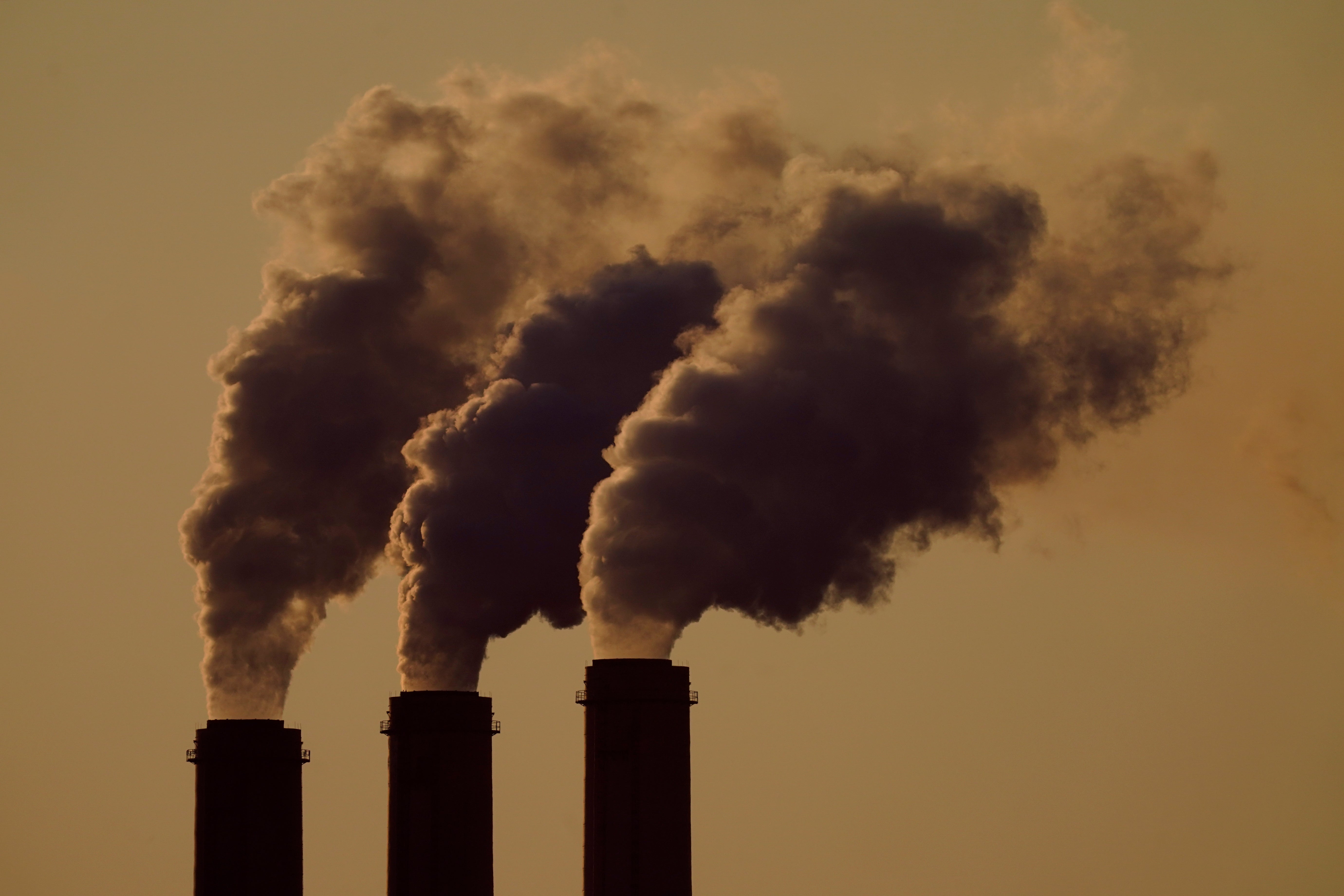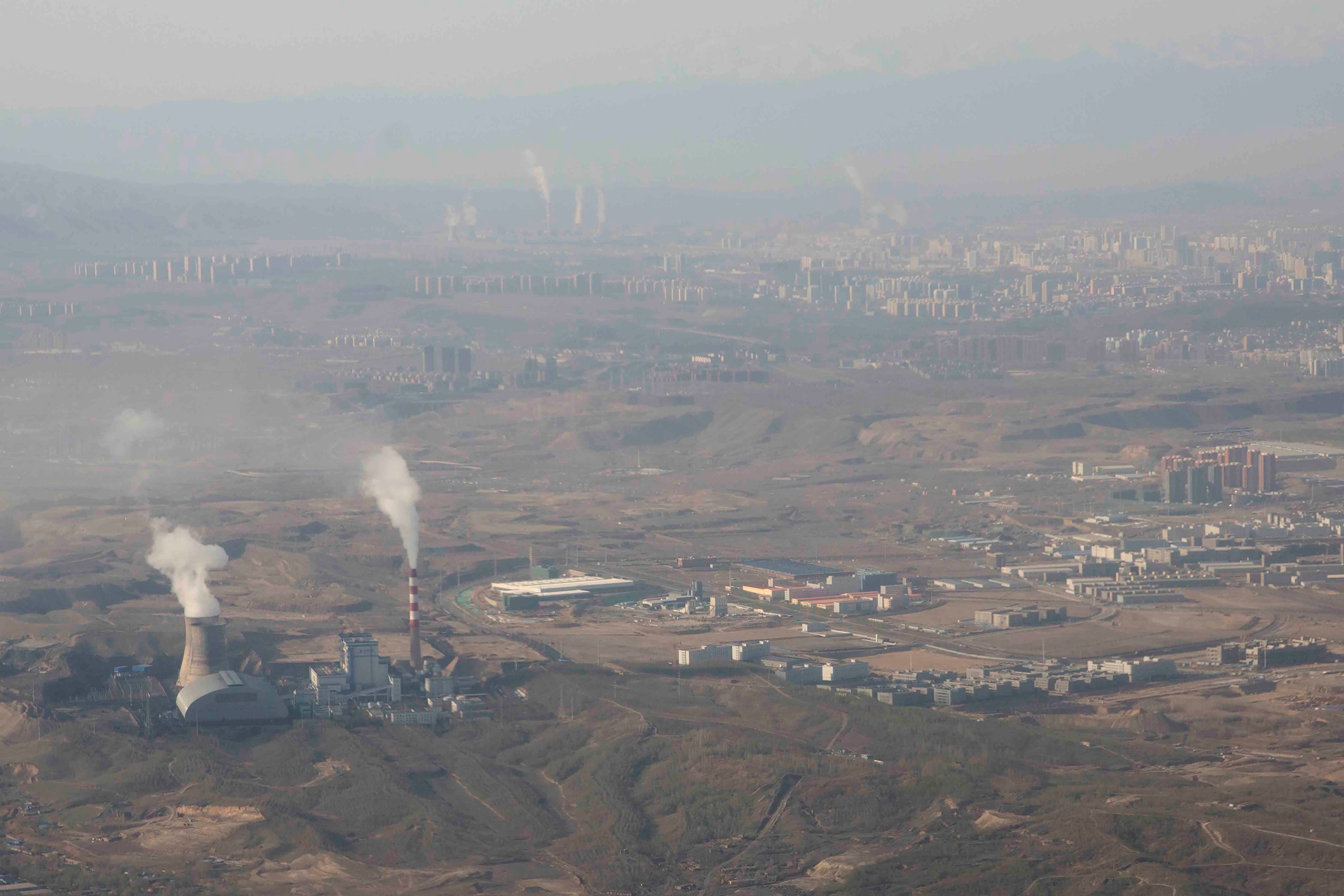Slashing CO2 emissions isn't enough to prevent climate catastrophe, study warns
Scientists warn we need to cut our emissions of short-lived climate pollutants

Reducing carbon dioxide emissions is not enough to prevent devastating effects of global warming, a new study warns.
But cutting the emissions of methane and other climate pollutants could slash the rate of global warming in half by 2050.
The study is the first of its kind to examine the impact of cutting emissions of several climate pollutants compared to only carbon dioxide.
“Decarbonisation is crucial to meeting our long-term climate goals, but it’s not enough,” said study co-author Drew Shindell, Nicholas Distinguished Professor of Earth Science at Duke University.
“To slow warming in the near-term and reduce suffering from the ever-increasing heatwaves, droughts, superstorms and fires, we need to also reduce short-lived climate pollutants this decade.”

According to the new research, focusing almost exclusively on cutting carbon dioxide emissions can no longer prevent global temperatures from rising above pre-industrial levels by 1.5 degree centigrade.
Such a rise would be devastating for the climate and cause irreversible impacts.
“Our analysis shows that climate pollutants such as methane, nitrous oxide, black carbon soot, low-level ozone and hydrofluorocarbons contribute almost as much to global warming as longer-lived CO2,” Prof Shindell said.
“Since most of them last only a short time in the atmosphere, cutting them will slow warming faster than any other mitigation strategy.”
The scientist suggest that their solution will also help to avoid a short-term warming “backlash”- an event that the Intergovernmental Panel on Climate Change (IPCC) has warned could occur by cutting fossil fuel emissions alone.

Recent IPCC reports have suggested that decarbonising the energy system and shifting to clean energy in isolation could cause temperatures to rise for a while because fossil fuel emissions contain sulphate aerosols, which act to cool the climate for a very short time — from days to weeks — before they dissipate.
The new study, however, takes this into account and concludes that focusing soley on reducing fossil fuel emissions could result in “weak, near-term warming” which could potentially cause temperatures to exceed the 1.5°C level by 2035 and the 2°C threshold by 2050.
But combining the reduction of carbon dioxide with other climate pollutants could significantly improve the world’s chance of remaining below the 1.5°C mark.
The study appeared in the Proceedings of the National Academy of Sciences is the first week of May 23.
Scientists at Georgetown University, the University of California Santa Barbara, Texas A&M University and the University of California San Diego conducted the new study with Prof Shindell.
Support came from the Sequoia Climate Foundation, the Edward Frieman Foundation Chair Funds, and the Clean Air Task Force.





Join our commenting forum
Join thought-provoking conversations, follow other Independent readers and see their replies
Comments